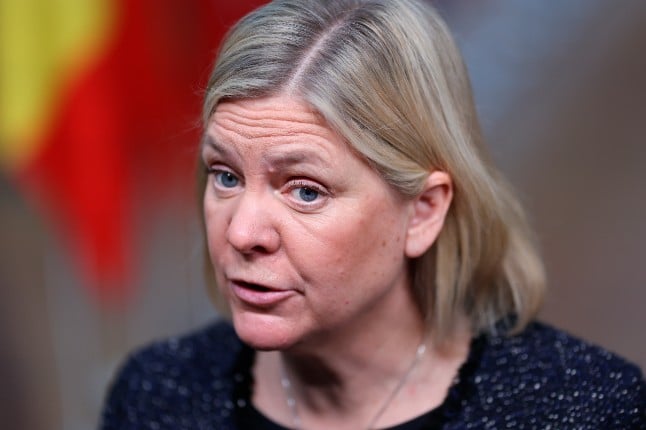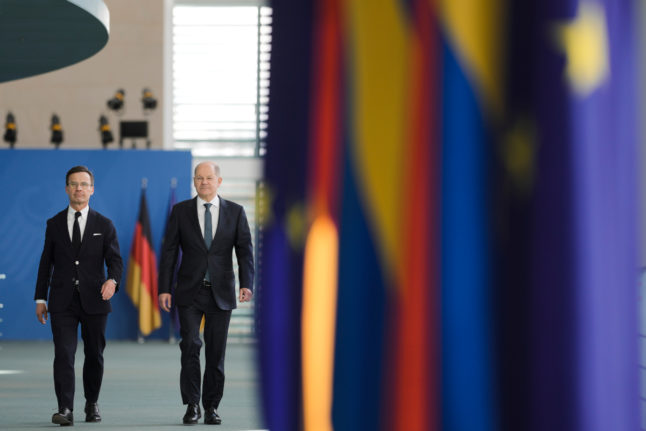“We should note that non-alignment has served Sweden well. It has kept us out of conflicts,” she said. “But when the whole map of security politics is being rewritten, you need to update your analysis and take your decision based on that.”
At the same time, the opposition Moderate Party has pledged to apply to join Nato if it ends up leading the government after the coming election on September 11th, so long as there is a majority in parliament in favour.



 Please whitelist us to continue reading.
Please whitelist us to continue reading.
Member comments